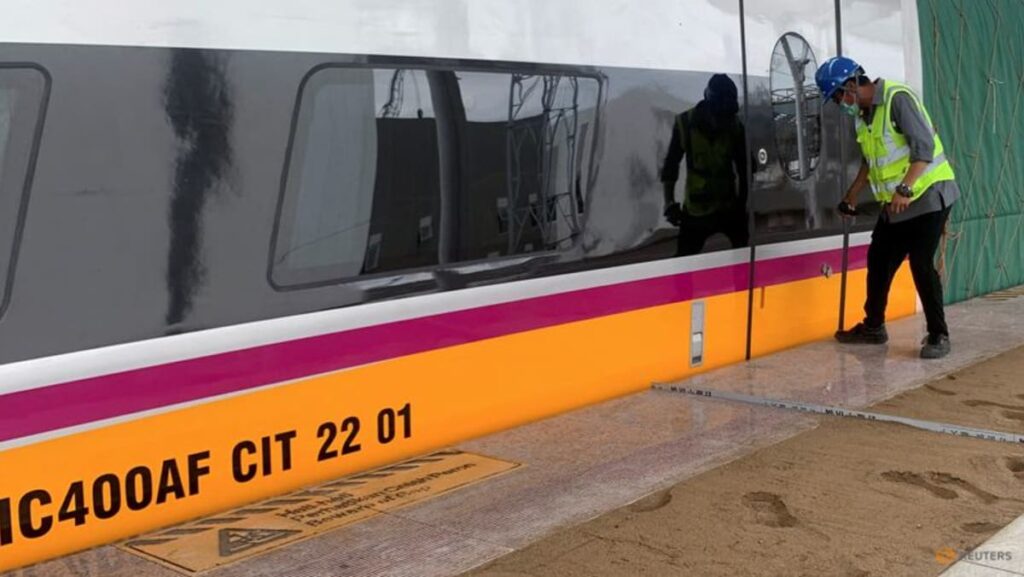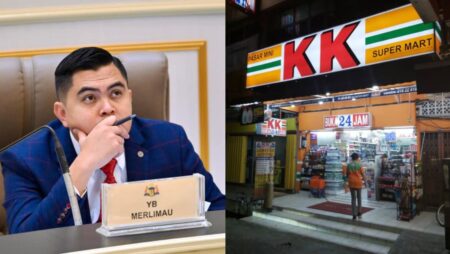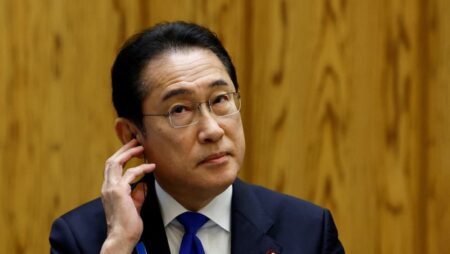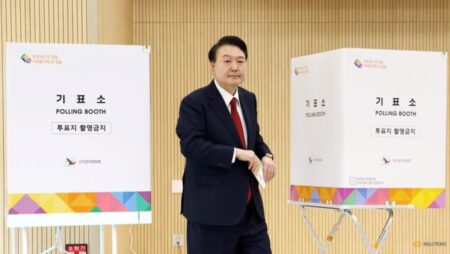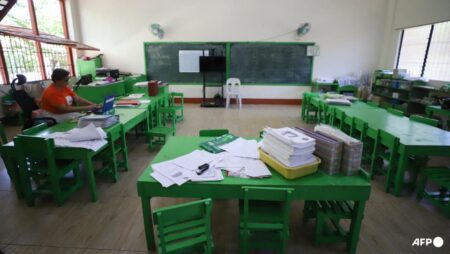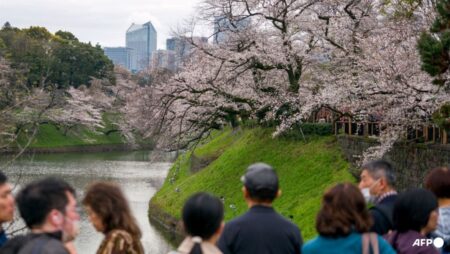HONG KONG: As Chinese President Xi Jinping’s ambitious Belt and Road Initiative (BRI) marks 10 years with a summit fully held in person for the first time since the COVID-19 pandemic, its biggest milestone is its global expansion, an analyst said.
The summit, held in Hong Kong on Wednesday (Sep 13) and Thursday, attracted about 6,000 international attendees and set the stage for 20 deals to be signed.
These are what Hong Kong’s Chief Executive John Lee called record-breaking numbers and a sign that the city has returned to the world stage.
“We support Hong Kong in maintaining its unique advantages in the long term,” said Chinese Vice-Premier Ding Xuexiang on Wednesday.
“It can maintain a free, open and regulated environment, maintain the common law system, expand smooth and convenient connections, and play a more important role in growing the Belt and Road Initiative.”
Cementing such a role hinges on its quick accession to the Regional Comprehensive Economic Partnership, a free trade agreement among the 10 Association of Southeast Asian Nations (ASEAN) member states, Australia, China, Japan, South Korea and New Zealand.
First proposed by Mr Xi in 2013, the BRI involves an overland trade route spanning China, Central Asia and Europe as well as a seafaring corridor through Southeast Asia to the Middle East and Africa.
“Within 10 years, it has gone global and you can see BRI’s footprints as far away as South America. So probably the biggest milestone is this global expansion of the BRI in the decade since it has been launched,” adjunct senior research fellow Lim Tai Wei from the National University of Singapore’s East Asian Institute told CNA938’s Asia First.
Read the full article here


